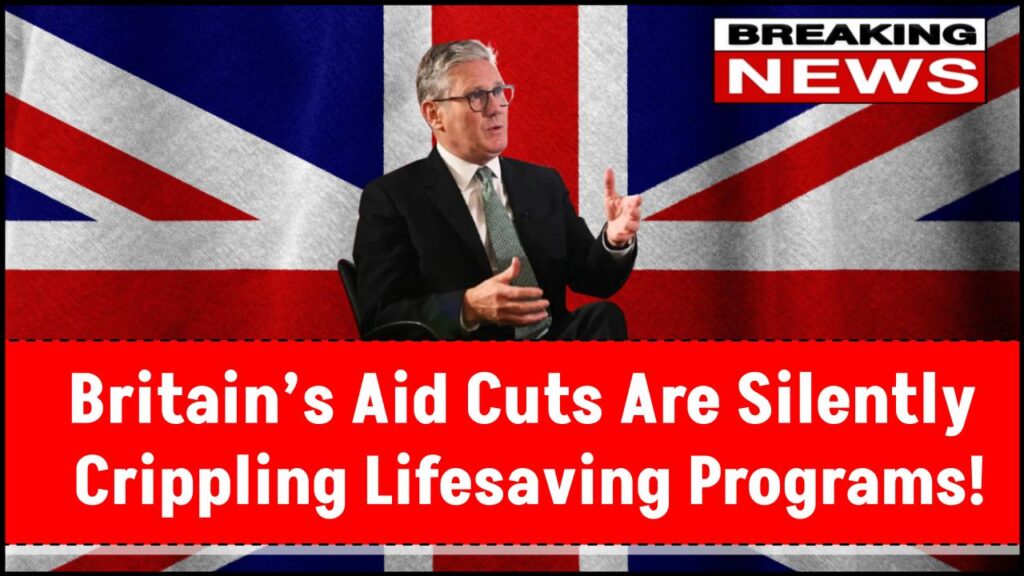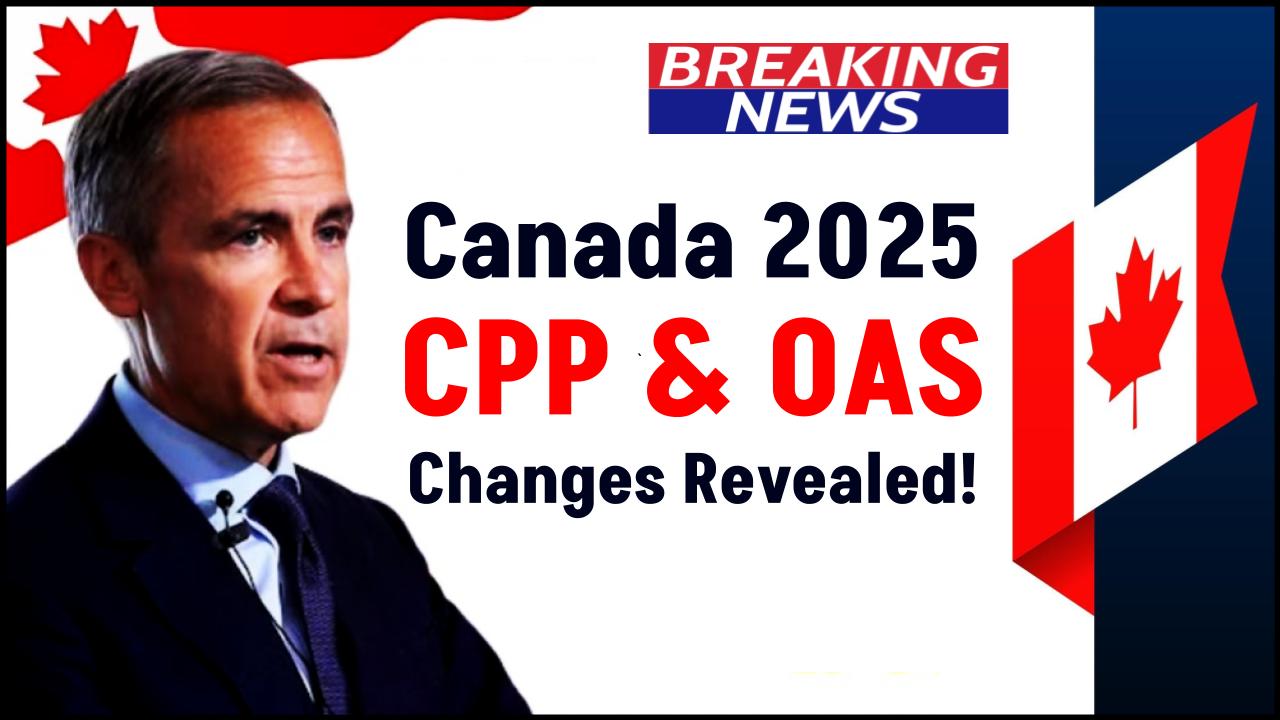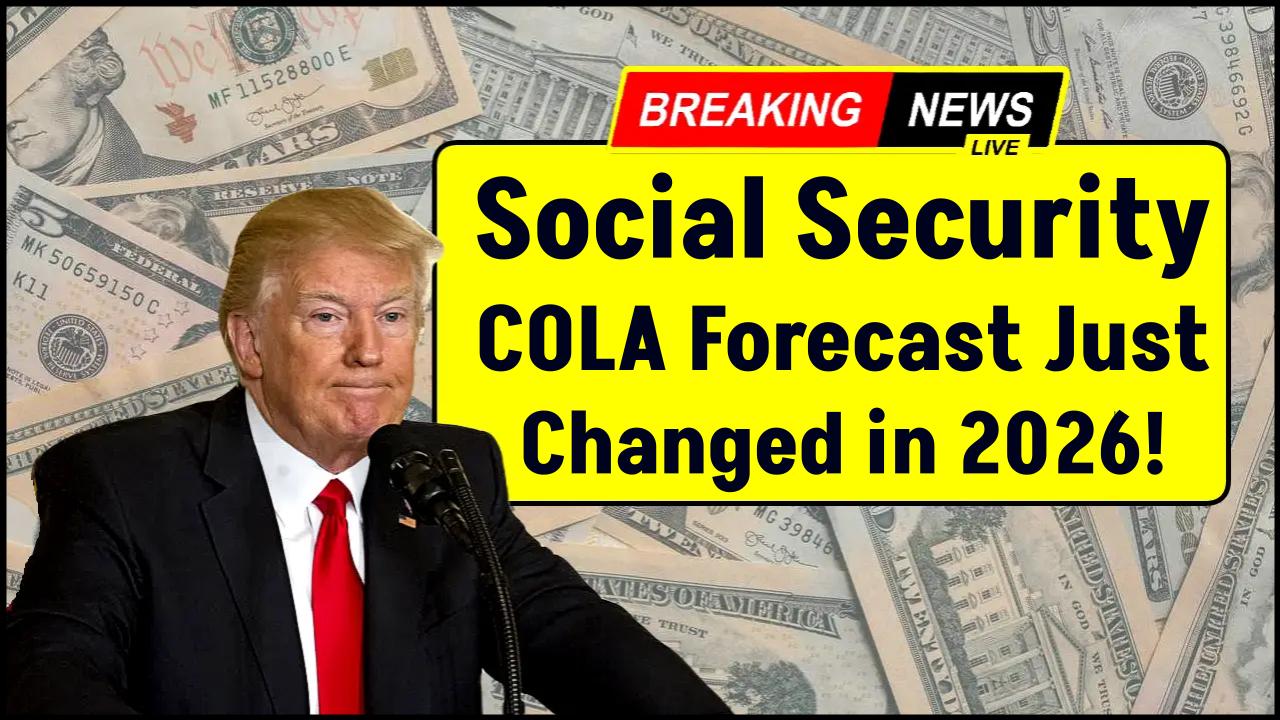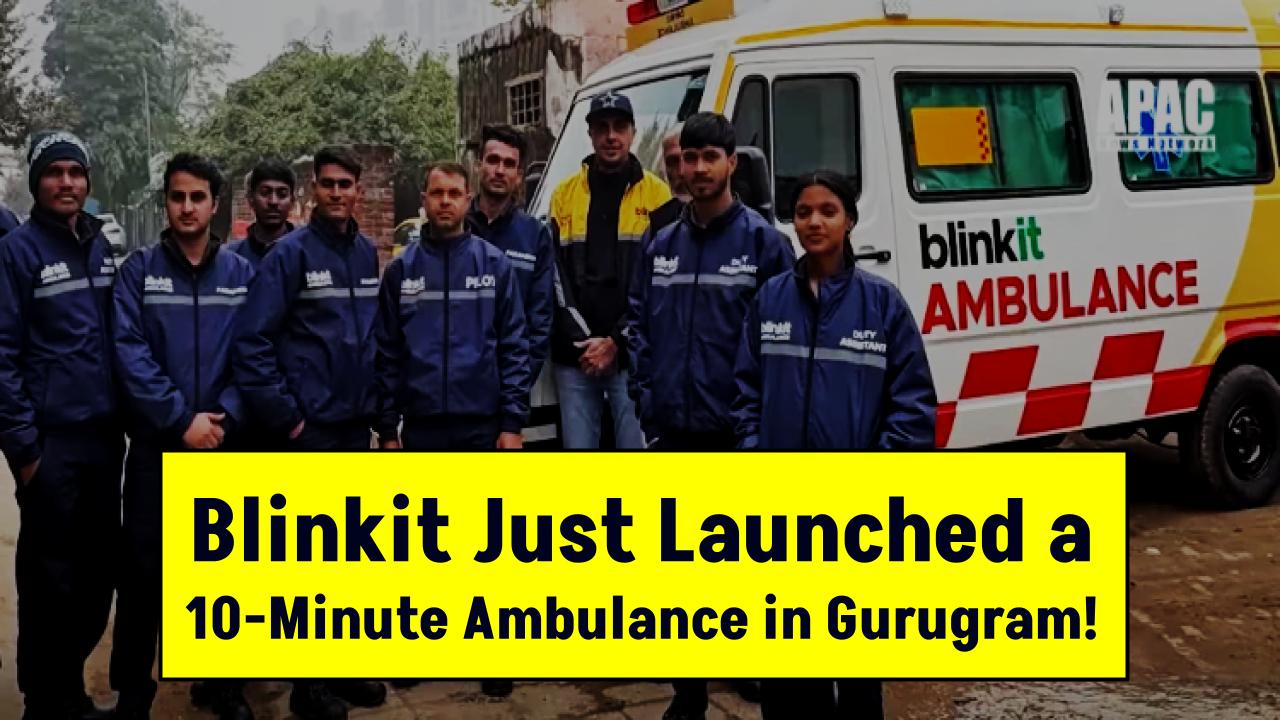Crippling Lifesaving Programs: The UK’s foreign aid cuts are having a devastating and largely silent impact on lifesaving programs for women and girls across the globe. This reduction—from 0.5% to 0.3% of Gross National Income (GNI)—is projected to slash around £6 billion from the UK’s aid budget by 2027 (The Times). These cuts may seem like abstract numbers from afar, but for millions of women and girls worldwide, they translate directly into fewer health services, less protection from violence, and reduced access to education. Let’s explore the issue in detail and understand why this matters to all of us.

Silently Crippling Lifesaving Programs
| Key Facts | Details |
|---|---|
| Aid Budget Reduction | From 0.5% to 0.3% of GNI by 2027 (£6 billion cut) |
| Gender Equality Aid Cuts | Dropped from £6.3B (2019) to £3.4B (2022) (CARE International UK) |
| Impact on Health Programs | MSI Reproductive Choices saw a 79% cut in funding |
| Support for Women’s Rights Orgs | Fell 66% from 2017 peak |
| Deaths and Unsafe Conditions | Expected rise in maternal deaths, unsafe abortions, gender-based violence |
| Official Website | MSI Reproductive Choices |
The UK’s aid cuts are not just numbers on a spreadsheet—they represent lost opportunities, shuttered clinics, and lives cut short. Women and girls around the world are bearing the brunt of a decision made far from their homes. Now is the time for informed, compassionate action. Governments, NGOs, and citizens alike must call for a return to responsible, equitable aid policies that uphold human rights and global dignity.
Why These Cuts Matter
Understanding the Human Cost
It can be hard to imagine how policy changes in London affect lives in rural Malawi or war-torn Yemen. But here’s the reality: When aid is cut, clinics close, outreach workers lose jobs, and girls are pulled from school. Take for example MSI Reproductive Choices, which provides sexual and reproductive healthcare globally. After facing a 79% funding cut from the UK government, their programs have already scaled back critical services like contraceptive access and safe abortion care (The Guardian).
Real-Life Consequences
- Clinics without essential medicines
- Fewer school opportunities for girls
- Lack of resources to protect women from gender-based violence These are not “possible outcomes”—they are current realities in many communities.
Who Is Most Affected?
Women and Girls in Vulnerable Regions
From Sub-Saharan Africa to the Middle East and South Asia, these cuts are felt hardest by:
- Adolescent girls at risk of early marriage
- Pregnant women needing maternal care
- Victims of domestic violence In fragile or conflict-affected areas, NGOs and community workers often serve as the frontline. With less funding, their ability to operate is slashed.
Data Speaks Volumes
According to CARE International UK, UK funding for gender-related aid dropped from £6.3 billion in 2019 to £3.4 billion in 2022. Support for programs preventing violence against women fell by 41%, while funding for women’s rights organizations plummeted 66% since 2017 (CARE).
What Can Be Done?
Actionable Steps for Policy Makers
- Reinstate the 0.7% GNI aid commitment, as previously upheld.
- Ensure that at least 20% of aid is earmarked for gender equality-focused initiatives.
- Establish independent oversight to track aid impact and ensure transparency.
Advice for NGOs and Advocates
- Strengthen partnerships: Collaborate to share resources and minimize duplication.
- Leverage data and storytelling: Use case studies to highlight outcomes and influence donors.
- Engage the public: Mobilize grassroots support and educate communities on global aid’s impact.
FAQs on Silently Crippling Lifesaving Programs
What is the UK’s current foreign aid budget?
The UK currently allocates 0.3% of GNI to foreign aid, down from the previous 0.7% target.
Why were the cuts made?
Government officials cite economic pressures post-Brexit and the COVID-19 pandemic as the primary reasons.
How do these cuts affect health services?
Fewer funds mean limited access to sexual health services, maternal care, and support for survivors of violence.
What organizations are impacted?
Groups like MSI Reproductive Choices, CARE International, and Womankind are among the hardest hit.





